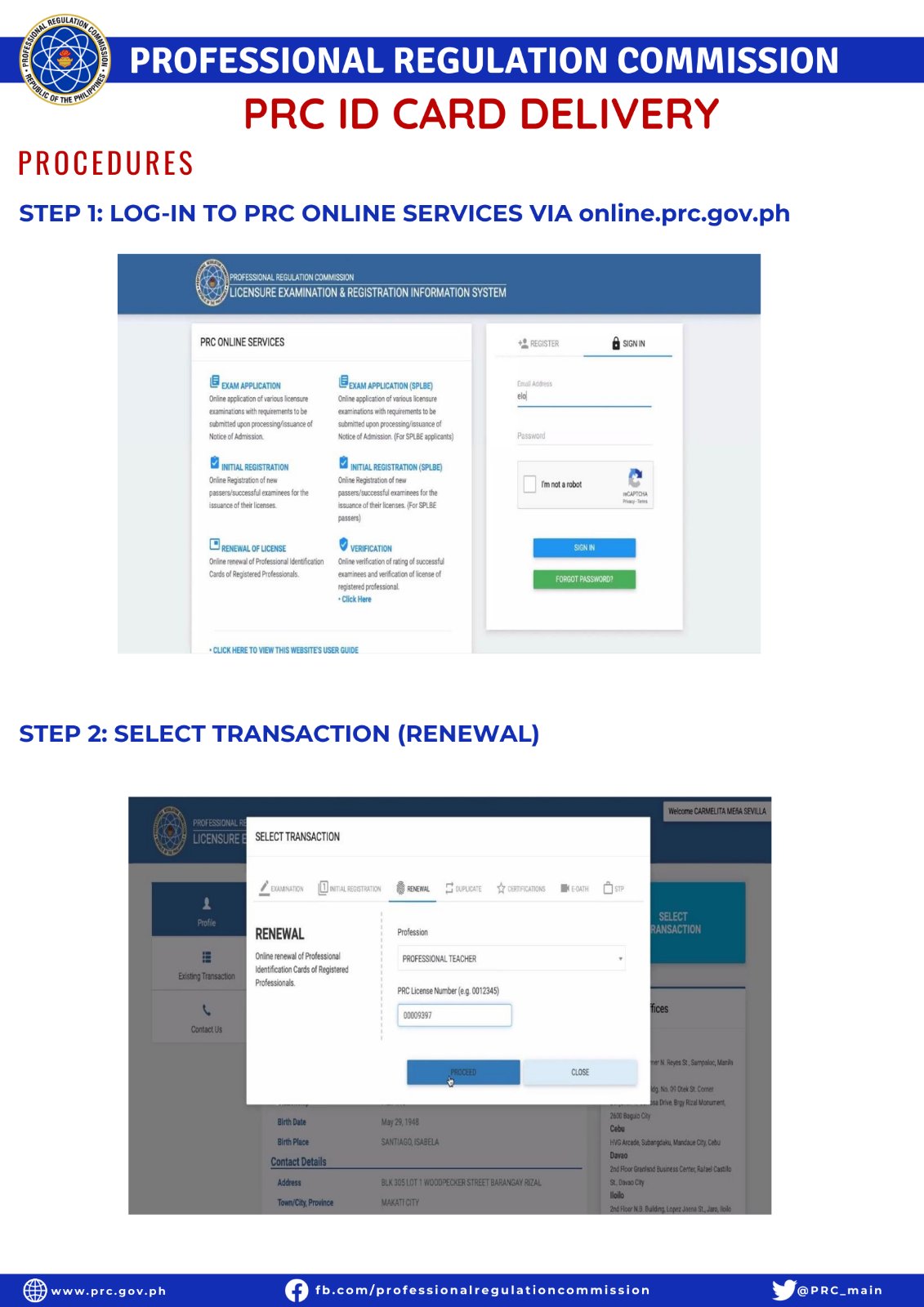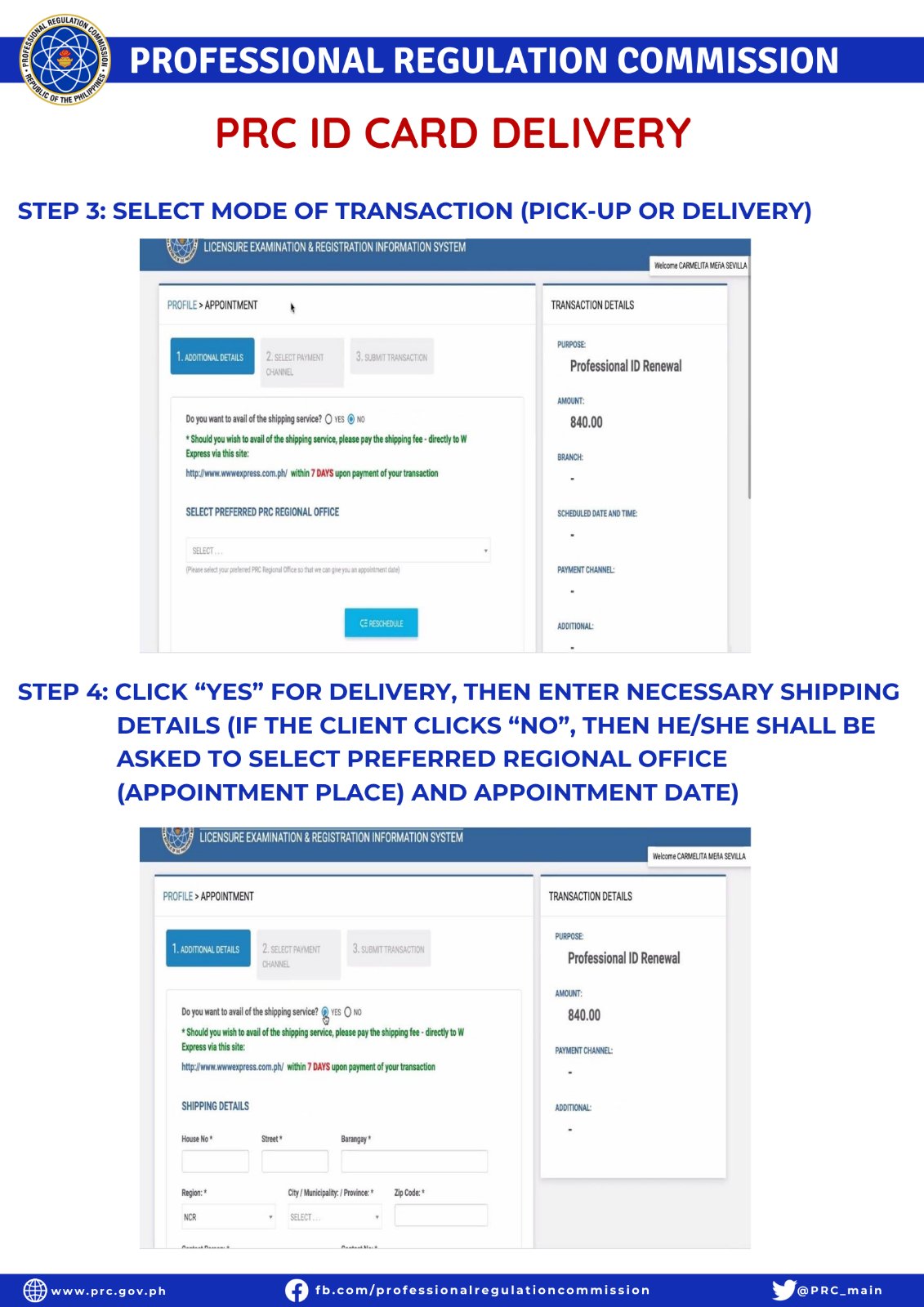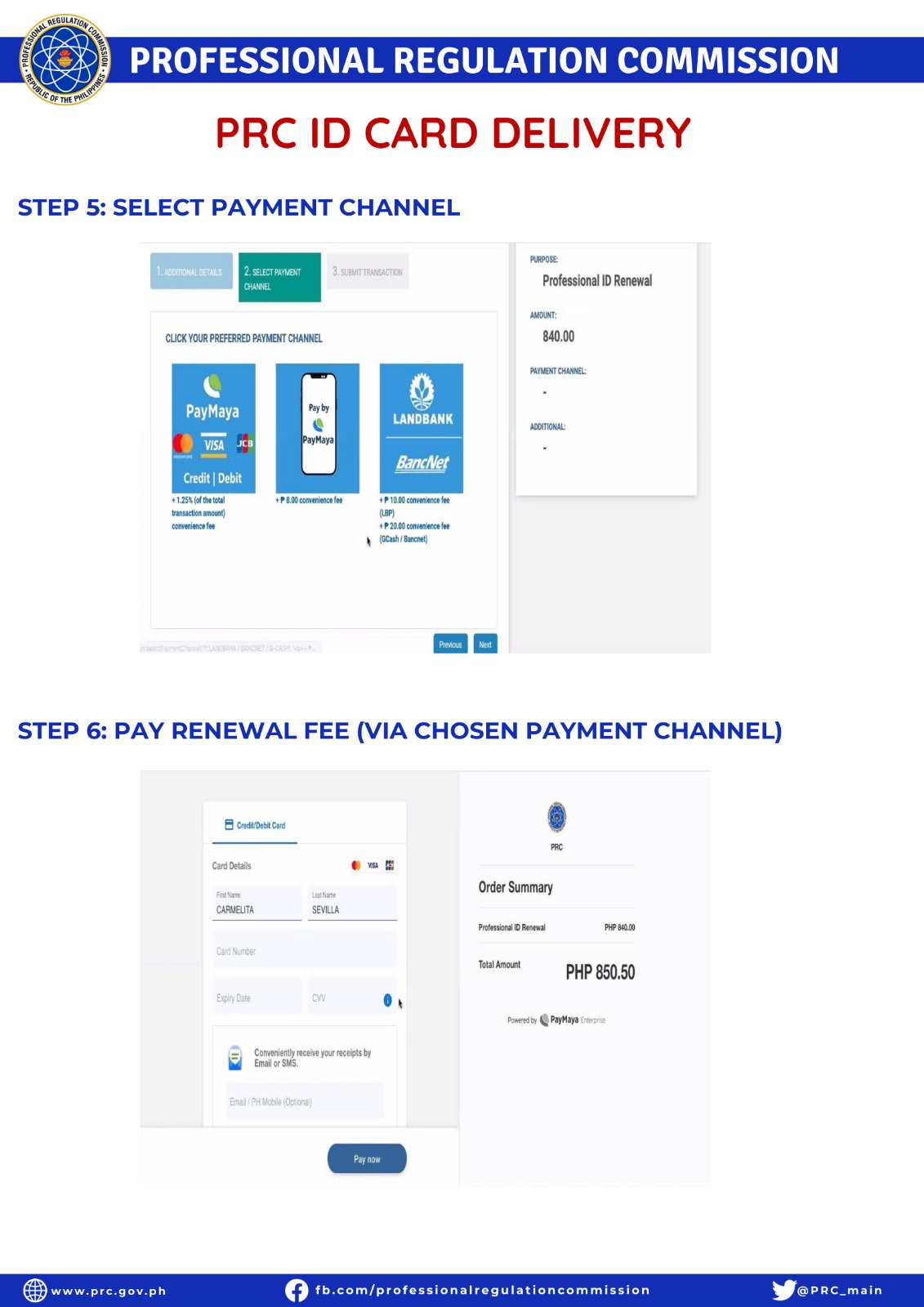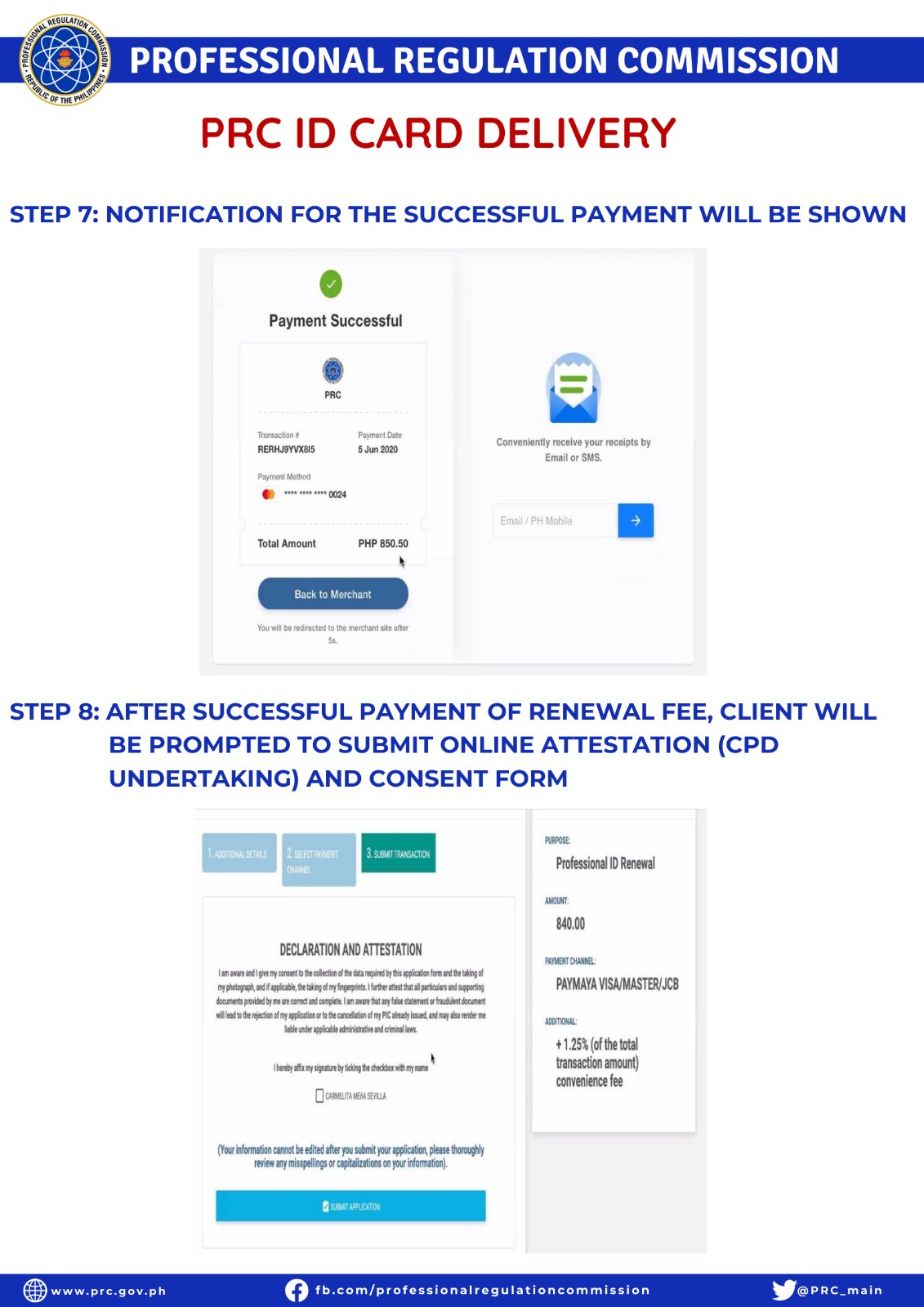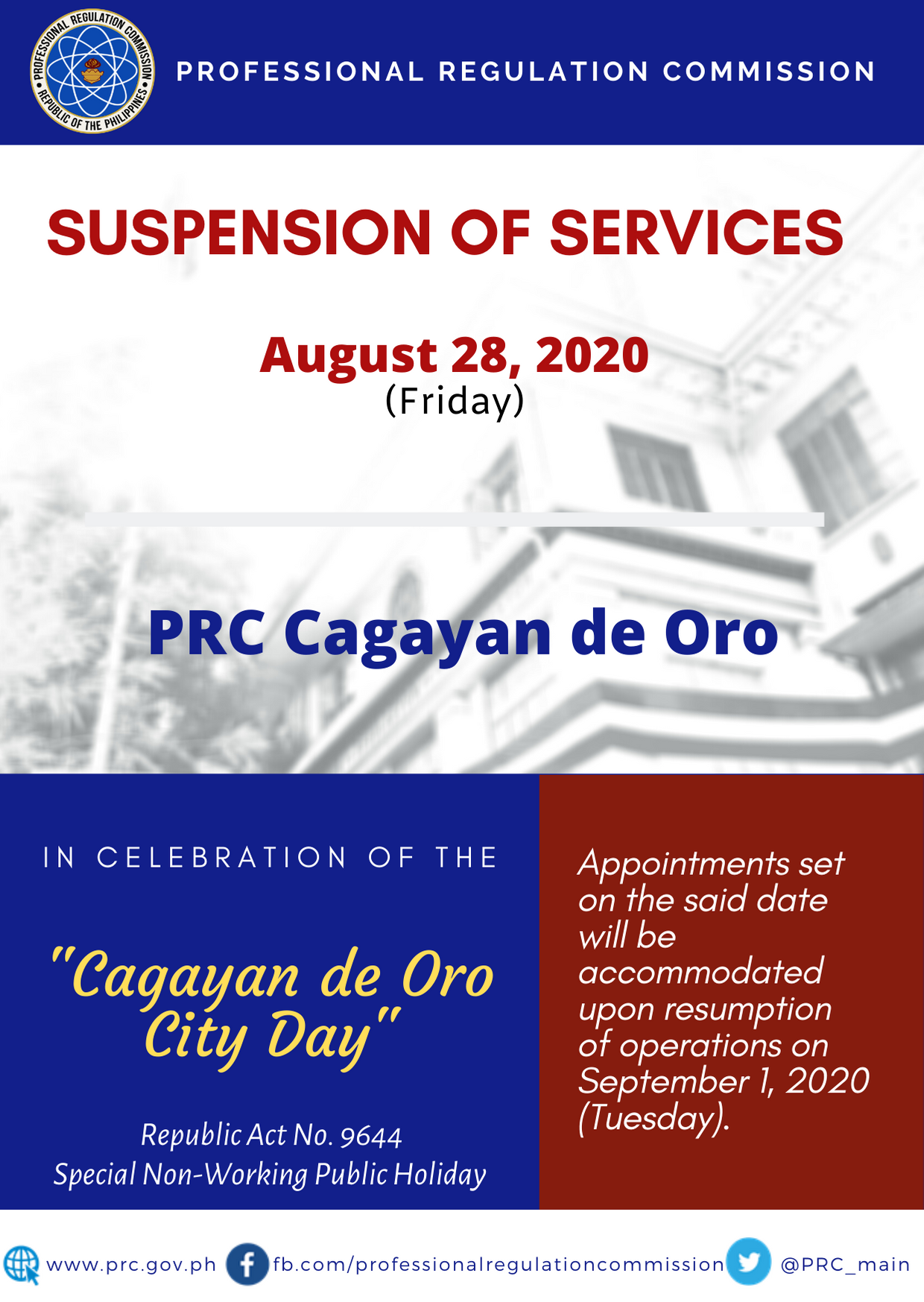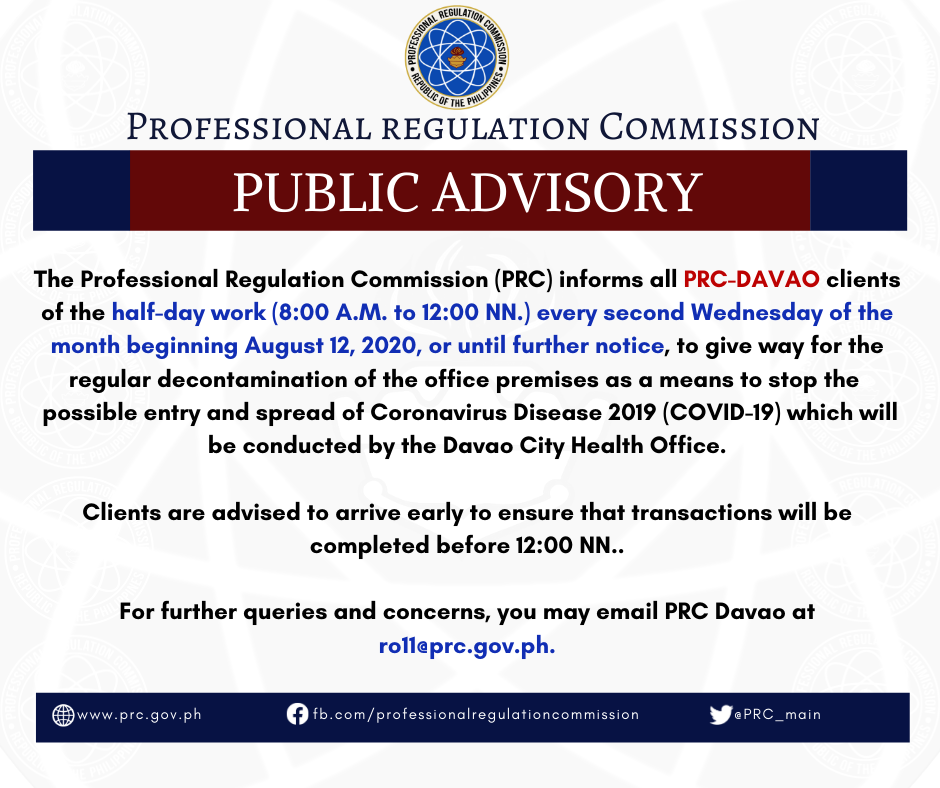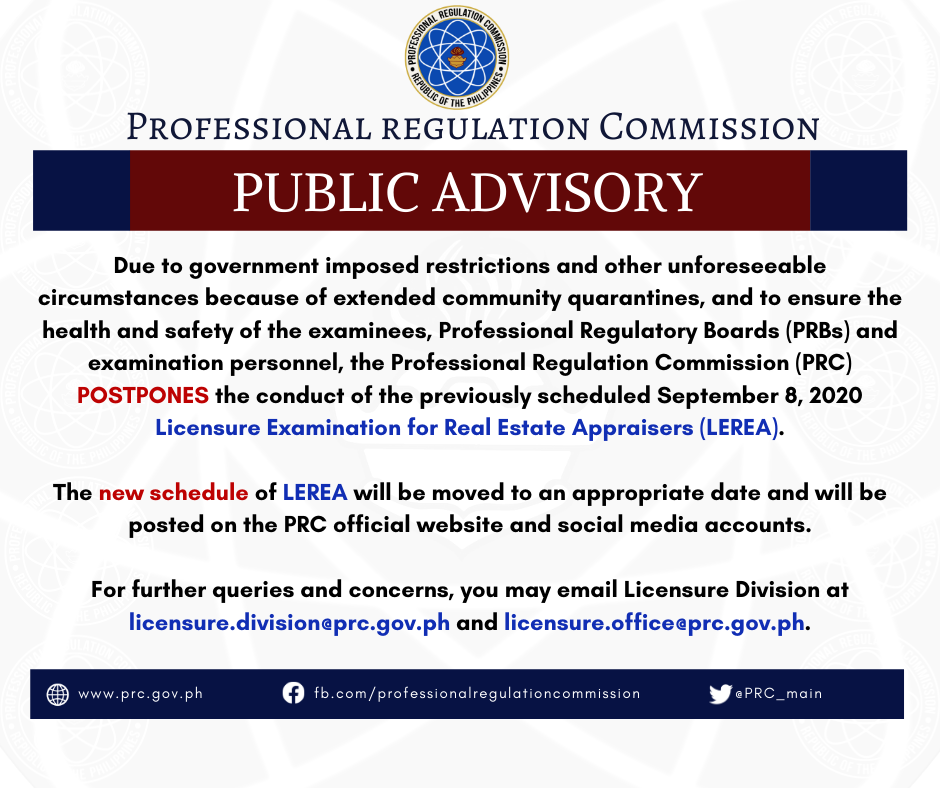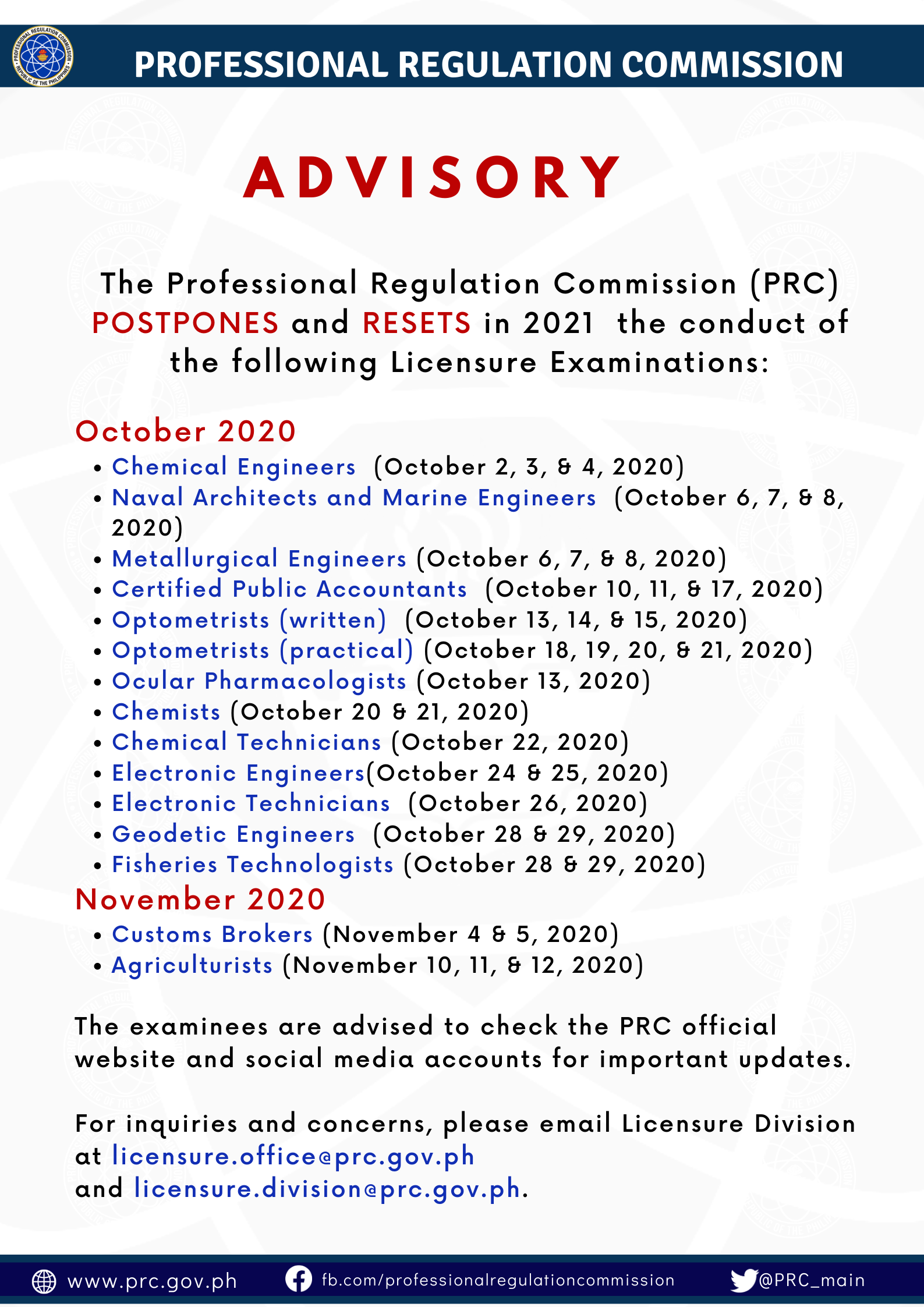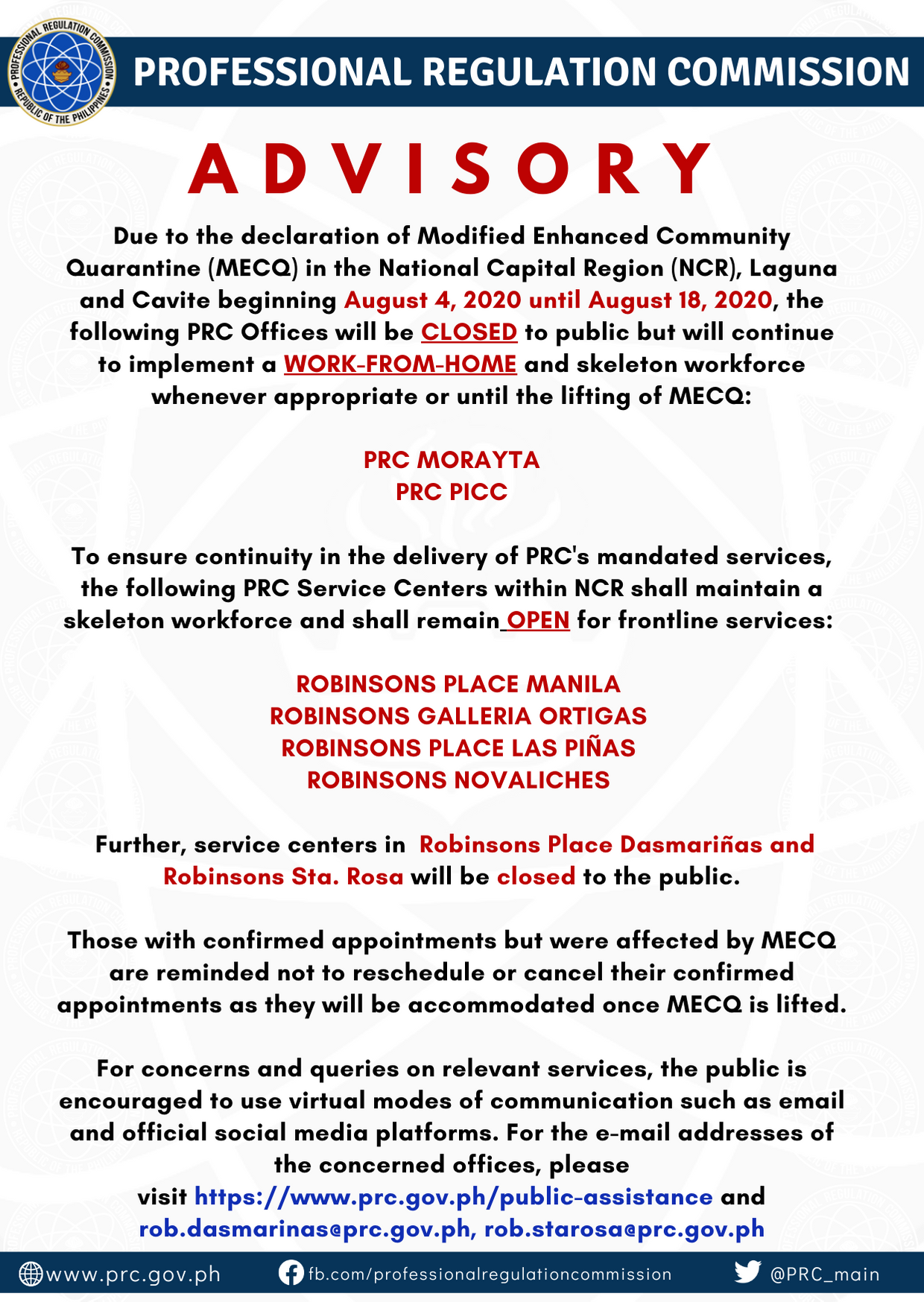On August 8, 1967, the Association of Southeast Asian Nations (ASEAN) was established in Bangkok, Thailand, through the signing of the Bangkok Declaration. From the five original member states (Philippines, Indonesia, Malaysia, Singapore, and Thailand), the ASEAN has now grown into a ten-member state (Philippines, Indonesia, Malaysia, Singapore,Thailand, Brunei Darussalam, Cambodia, Lao PDR, Myanmar, and Vietnam).
Since its establishment 53 years ago, ASEAN continues to demonstrate commitment in its integration journey, building a strong and united community in line with its principles and value of '"Think Community, Act Community.'"
To enhance cooperation and liberalize trade in services among the member countries, the ASEAN Member States (AMS) developed the ASEAN Framework Agreement on Services (AFAS), which was signed by the ASEAN Economic Ministers on December 15, 1995.And as a testament to the commitment to strengthen services trade integration, during the 7th Summit in November 2001, the AMS mandated the start of negotiations on Mutual Recognition Arrangement (MRA) to facilitate the flow of professional services under AFAS. From that time, the AMS have concluded eight MRAs, namely, ASEAN MRA on Engineering Services (2005), ASEAN MRA on Nursing Services (2006), ASEAN MRA on Architectural Services (2007), ASEAN Framework Arrangement on Mutual Recognition of Surveying Qualification (2007), ASEAN MRA on Dental Practitioners (2009), ASEAN MRA on Medical Practitioners (2009), ASEAN MRA on Tourism Professionals (2012), and ASEAN MRA on Accountancy Services (2014).
In relation to the implementation of the MRAs, the Professional Regulation Commission (PRC) and the Professional Regulatory Boards (PRBs), as the Professional Regulatory Authorities in the Philippines, actively participate in the negotiation and review of policies, proposals, and recommendations relative to the practice of the profession in the Region. The PRC and the PRBs also form part of the various ASEAN Coordinating committees such as the ASEAN Chartered Professional Engineer Coordinating Committee, ASEAN Joint Coordinating Committee on Nursing, ASEAN Architect Council, ASEAN Joint Coordinating Committee on Dental Practitioners, ASEAN Joint Coordinating Committee on Medical Practitioners, and the ASEAN Chartered Professional Accountant Coordinating Committee.
Regarding the implementation of the MRAs, particularly in Engineering, Architecture, and Accountancy, Monitoring Committees were formed to develop and maintain a register, issue certificates of qualification and experience, and undertake steps to enhance the practice of profession further. As of July 31, 2020, the Philippines has 595 ASEAN Chartered Professional Engineers (ACPE), 73 ASEAN Chartered Professional Accountants (ASEAN CPA), and 130 ASEAN Architects (AA).
In celebration of the ASEAN Month and the ASEAN's 53rd Anniversary today, the PRC reaffirms its commitment to promote cooperation in the ASEAN Region. The PRC furtherexpresses its support to create a stable, prosperous, and highly competitive region for professionals, and in this regard encourages Philippine professionals to continue developing their qualifications to properly serve, and remain competitive in, the Region and beyond..
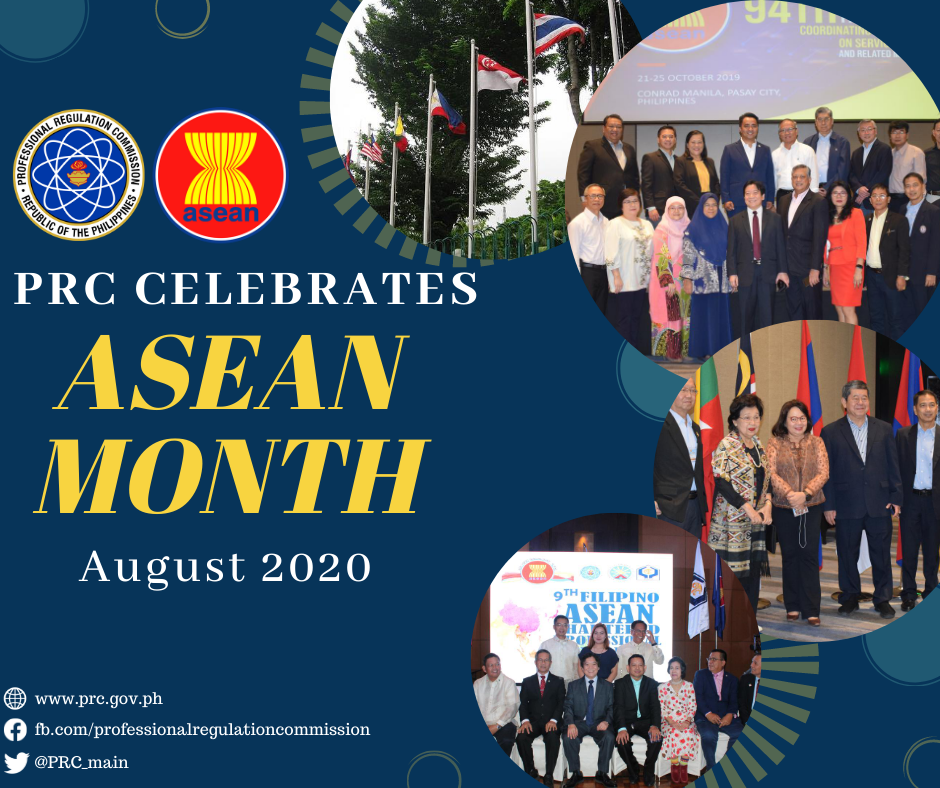
.png)
